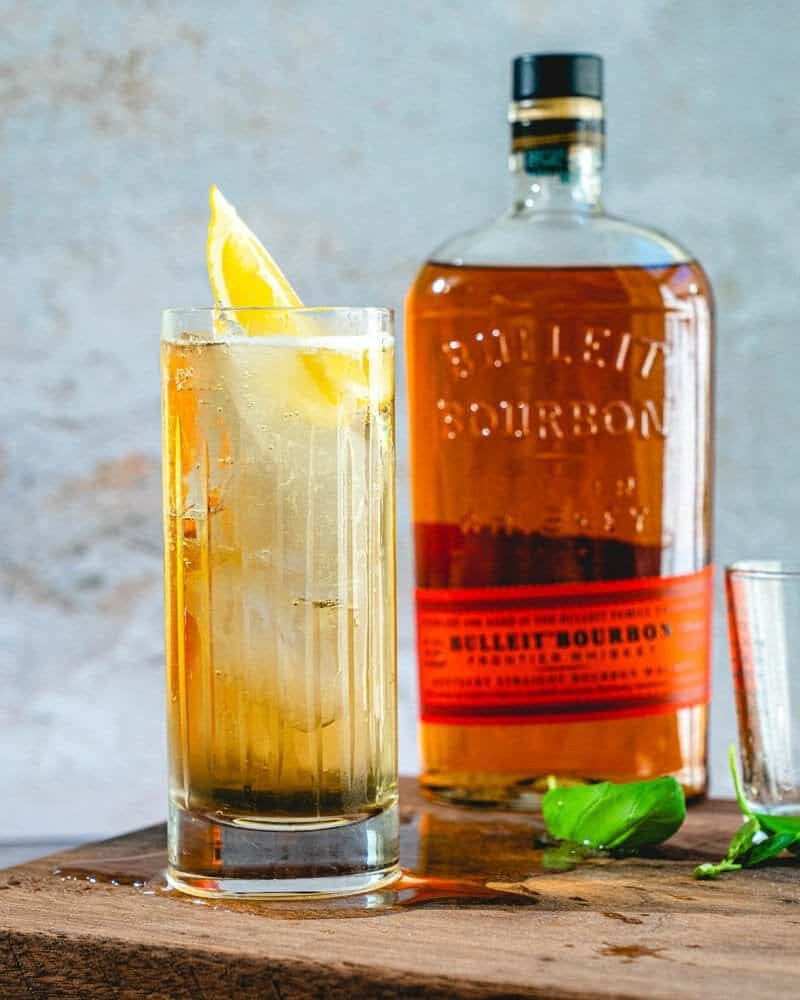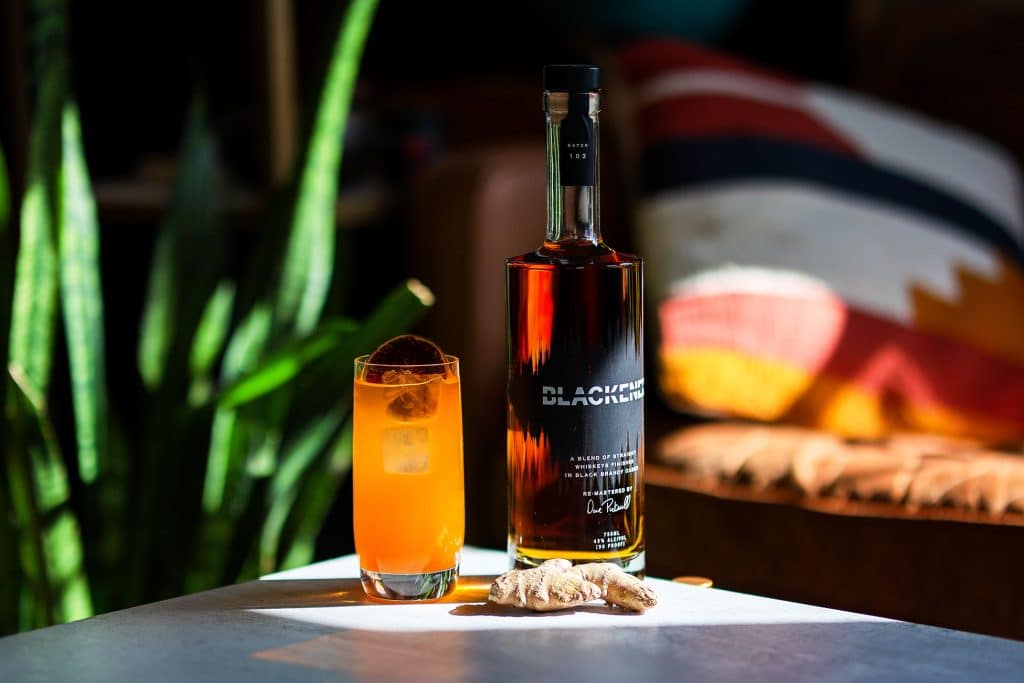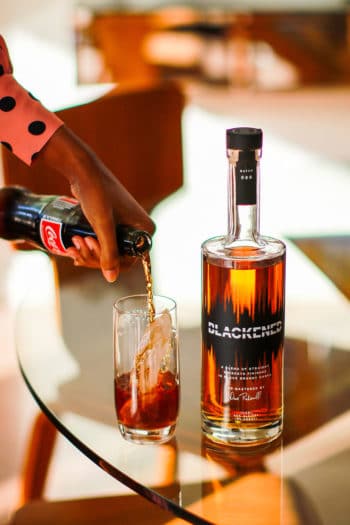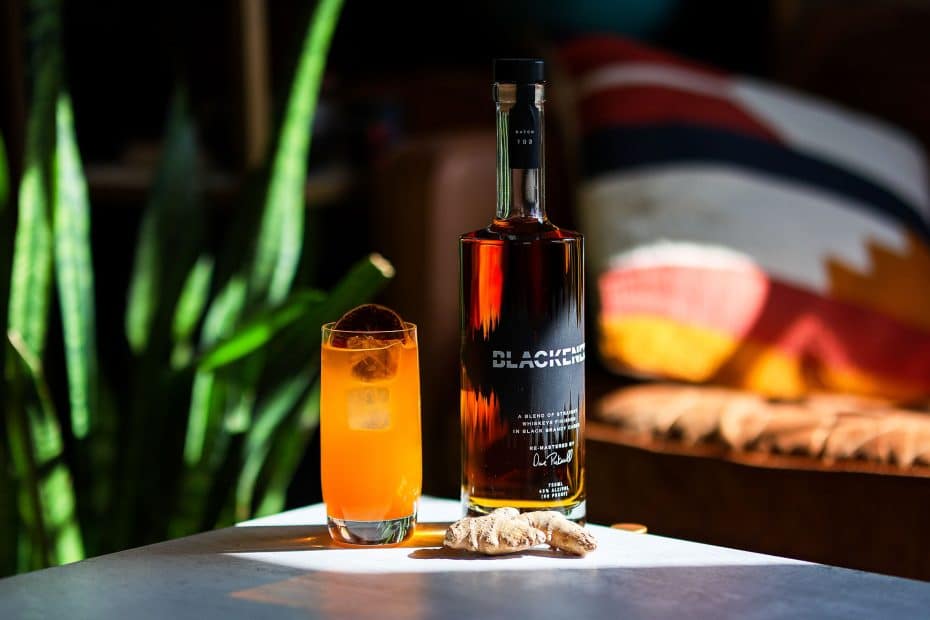Ladies and gentlemen, we must have a serious conversation about whiskey. Have you ever wondered what not to mix with this classic and beloved spirit? Well, fear not, because today we are here to guide you through the treacherous waters of whiskey mixing faux pas. Whether you’re a seasoned whiskey connoisseur or just starting your journey, this article will enlighten you on what to avoid when it comes to mixing whiskey. So grab a glass, sit back, and let us be your trusted companions on this important exploration.
Acidic/citrus juices
Lemon juice
Lemon juice is a popular ingredient that adds a burst of citrusy flavor to many dishes and drinks. However, when it comes to mixing it with whiskey, it’s important to proceed with caution. The acidity in lemon juice can potentially clash with the whiskey’s flavors and overpower them. While a hint of lemon can be refreshing, too much can diminish the complexity and nuances of the whiskey. It’s best to use lemon juice sparingly and ensure that it complements rather than overwhelms the whiskey.
Lime juice
Similar to lemon juice, lime juice is acidic and can impact the taste of whiskey when mixed together. Lime juice has a distinct sourness that can dominate the whiskey’s flavor profile. However, if you’re keen on adding a touch of tanginess to your whiskey-based cocktails, you can experiment with incorporating a small amount of lime juice. Just remember to balance it carefully, so that it enhances rather than detracts from the rich and intricate flavors of the whiskey.
Orange juice
Orange juice, with its sweet and tangy taste, might seem like an appealing addition to a whiskey cocktail. However, it’s crucial to exercise caution when mixing the two. While the sweetness of orange juice can complement certain whiskeys, its acidity can still pose a challenge. The delicate flavors of the whiskey can be easily overwhelmed by the overpowering citrus notes of the orange juice. It’s best to use orange juice sparingly, as a hint of citrus, rather than as the dominant ingredient in a whiskey-based drink.
Grapefruit juice
Grapefruit juice, renowned for its refreshing bitterness, can be an intriguing partner for whiskey in a cocktail. However, due to its strong and dominant flavor profile, it’s vital to use grapefruit juice judiciously. The bitterness of the juice can clash with the whiskey’s flavors, resulting in an unbalanced drink. If you’re willing to experiment, start by using small amounts of grapefruit juice and gradually adjust the ratios until you achieve the desired balance of flavors. Remember, less can be more when it comes to mixing whiskey and grapefruit juice.
This image is property of dinewithdrinks.com.
Sugary/fizzy beverages
Soda
Soda, with its sugary and effervescent nature, is a popular choice for mixing with various spirits. However, when it comes to whiskey, caution must be exercised. Mixing whiskey with regular soda can lead to an overly sweet and cloying combination that masks the true character of the whiskey. That being said, it’s not to say that the two can’t be enjoyed together; it’s all about finding the right balance. Consider using a high-quality, less sweet soda or opting for an alternative mixer to highlight the distinct flavors of the whiskey.
Cola
Cola is a classic mixer that is often paired with whiskey in a classic cocktail like the famous Jack and Coke. While this combination is widely enjoyed, it’s important to be mindful of the quality and sweetness of the cola. Opting for a cola with less sugar and a more nuanced flavor can be a better choice, as it allows the whiskey’s complexities to shine through. Experiment with different brands and ratios to find the balance that suits your taste.
Tonic water
Tonic water, known for its bitter taste and quinine content, might not be the first mixer that comes to mind when thinking about pairing it with whiskey. The strong flavors of tonic water can mask the delicate notes of the whiskey, resulting in an unbalanced drink. However, if you’re interested in exploring unique flavor combinations, there’s no harm in experimenting with small quantities of tonic water. It might not be a classic pairing, but it could potentially yield an unexpected and delightful result.
Energy drinks
Energy drinks, with their high caffeine and sugar content, are often used as mixers for alcoholic beverages. However, when it comes to whiskey, it’s generally not recommended to mix it with energy drinks. The combination of whiskey and energy drinks can lead to an overload of stimulants, potentially resulting in a combination that is too intense. Whiskey is best enjoyed at a leisurely pace, savoring its intricate flavors, rather than in a rushed and overly energetic context.
This image is property of www.acouplecooks.com.
Dairy-based drinks
Milk
Milk, with its creamy and rich texture, might seem like a curious companion for whiskey. However, it’s important to exercise caution when mixing the two. The fat content in milk can coat the palate, potentially muting the flavors of whiskey. Additionally, the combination might result in a curdled or separated appearance, compromising the visual appeal of the drink. While some whiskey cocktails may call for a hint of creaminess, it’s best to use dairy-based drinks sparingly to ensure the whiskey remains the star of the show.
Cream
Cream, with its luxurious and velvety texture, can add a touch of indulgence to whiskey cocktails. However, like milk, it’s essential to use cream judiciously to avoid overpowering the whiskey’s flavors. The richness of the cream can mask the subtleties of the whiskey if used excessively. Consider using small amounts of cream as a garnish or in cocktails that specifically call for a creamy element, ensuring that the whiskey remains the focal point of the drink.
Yogurt
While yogurt might not be the most obvious choice for mixing with whiskey, it can offer a unique twist to certain cocktails. The tanginess and creaminess of yogurt can provide an intriguing contrast to the robust flavors of whiskey. However, it’s crucial to choose plain yogurt without any added flavors or sweeteners to maintain the integrity of the drink. Experiment with small amounts of yogurt in whiskey-based cocktails to see how the flavors interact and find the balance that suits your preferences.
This image is property of blackenedwhiskey.com.
Sweet liqueurs
Baileys Irish Cream
Baileys Irish Cream, with its rich and creamy profile, is a widely popular liqueur that is sometimes mixed with whiskey to create indulgent cocktails. When combining Baileys with whiskey, it’s important to consider the sweetness and viscosity of the liqueur. Whiskey and Baileys can complement each other, creating a smooth and velvety experience. However, be conscious of the overall sweetness, as excessive sweetness can overshadow the nuances of the whiskey. Use Baileys sparingly and in moderation to maintain a harmonious balance between the two.
Amaretto
Amaretto, with its distinct almond flavor, can be an intriguing addition to whiskey-based drinks. The nutty and sweet nature of amaretto can enhance the complexity of certain whiskeys, resulting in a well-rounded flavor profile. However, it’s crucial to ensure that the amaretto doesn’t overpower the whiskey. Start with small amounts of amaretto and gradually increase as desired, being mindful of the whiskey’s unique characteristics. The combination of amaretto and whiskey can create a delightful balance between nuttiness and richness.
Kahlua
Kahlua, a coffee-flavored liqueur, is often enjoyed on its own or mixed with other spirits. When pairing Kahlua with whiskey, it’s essential to consider the flavors and textures of both. The robust coffee notes of Kahlua can provide an intriguing contrast to the whiskey’s characteristics, resulting in a complex and satisfying combination. However, be mindful of the overall sweetness, as Kahlua can add a considerable amount of sweetness to the mix. Experiment with different ratios to find the balance that allows both the Kahlua and whiskey to shine.
Frangelico
Frangelico, a hazelnut liqueur, can offer a unique twist to whiskey cocktails. The nutty and slightly sweet flavors of Frangelico can complement the earthy tones of whiskey, resulting in a harmonious blend of flavors. However, similar to other sweet liqueurs, it’s important to use Frangelico in moderation to prevent overpowering the whiskey. The balance between the nuttiness of Frangelico and the distinct flavors of whiskey is key to creating a well-rounded and enjoyable drink.
The remainder of the article will be continued in a separate message.
This image is property of blackenedwhiskey.com.




